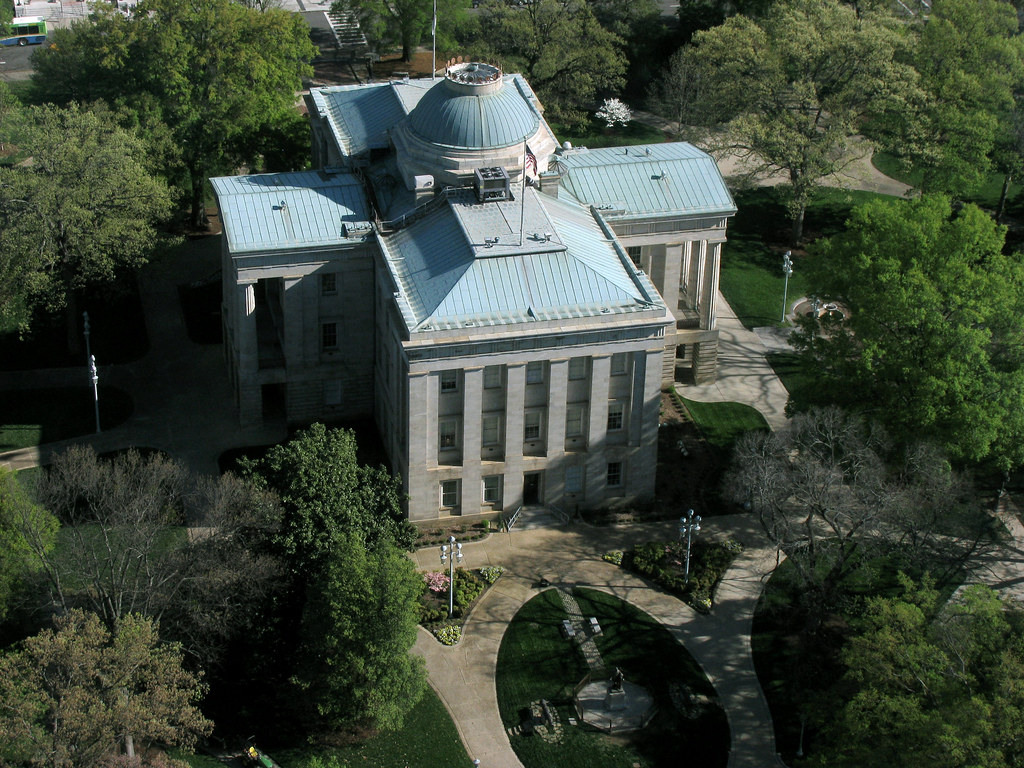The bill comes as North Carolina is preparing to implement a five-year plan to build out a network of electric vehicle charging stations
(The Center Square) – Bipartisan legislation introduced in the House on Thursday aims to set basic rules for electric vehicle charging stations in North Carolina as the state prepares to build out its infrastructure.
House Bill 255 would define electric vehicle charging stations in state law and impose a handful of basic rules governing their use.
The bill states “no person may park in a vehicle in an electric vehicle charging station located on public or private property if the vehicle is not connected to the charging equipment.” Violators would be subject to a $100 fine, though HB255 allows local jurisdictions to “authorize by ordinance additional prohibited conduct for parking in a space designated as an electric vehicle charging station and higher penalties.”
The legislation would further require spaces designated for charging to include a sign “identifying the station as an electric vehicle charging station and that it is only for electric vehicle charging.”
The signs would be required to comply with regulations outlined in the U.S. Department of Transportation’s Manual on Uniform Traffic Control Devices for Streets and Highways, as well as supplements to the manual adopted by the state Department of Transportation, according to the bill.
A final provision would ensure charging stations in parking lots or garages “not displace handicapped accessible parking spaces required by the North Carolina State Building Code.”
The rules would take effect on Dec. 1, if approved.
HB255 is sponsored by Republican Rep. Harry Warren of Rowan County and Democrat Rep. Julie von Haefen of Wake County, along with two Democratic co-sponsors. The House Committee on Transportation is next to take action on it.
The bill comes as North Carolina is preparing to implement a five-year plan to build out a network of electric vehicle charging stations every 50 miles along the state’s major highways. The EV plan identifies a total of 3,831 miles of alternative fuel corridors in the state, with 1,549 miles already meeting federal requirements and 2,283 “pending corridors” eligible for grants.
The plan calls for two phases, the first to build 33 stations and 132 chargers through fiscal year 2024, and a second to focus on community-based charging in urban and rural areas. The state expects to spend a total of more than $112 million on site costs and nearly $10 million on operation and maintenance costs over the five years, with 80% or about $109 million coming from the federal government and 20% from a required cost share match for grant applicants.
Originally published by The Center Square. Republished with permission.
For more from Budget & Tax News.
For more public policy from The Heartland Institute.
